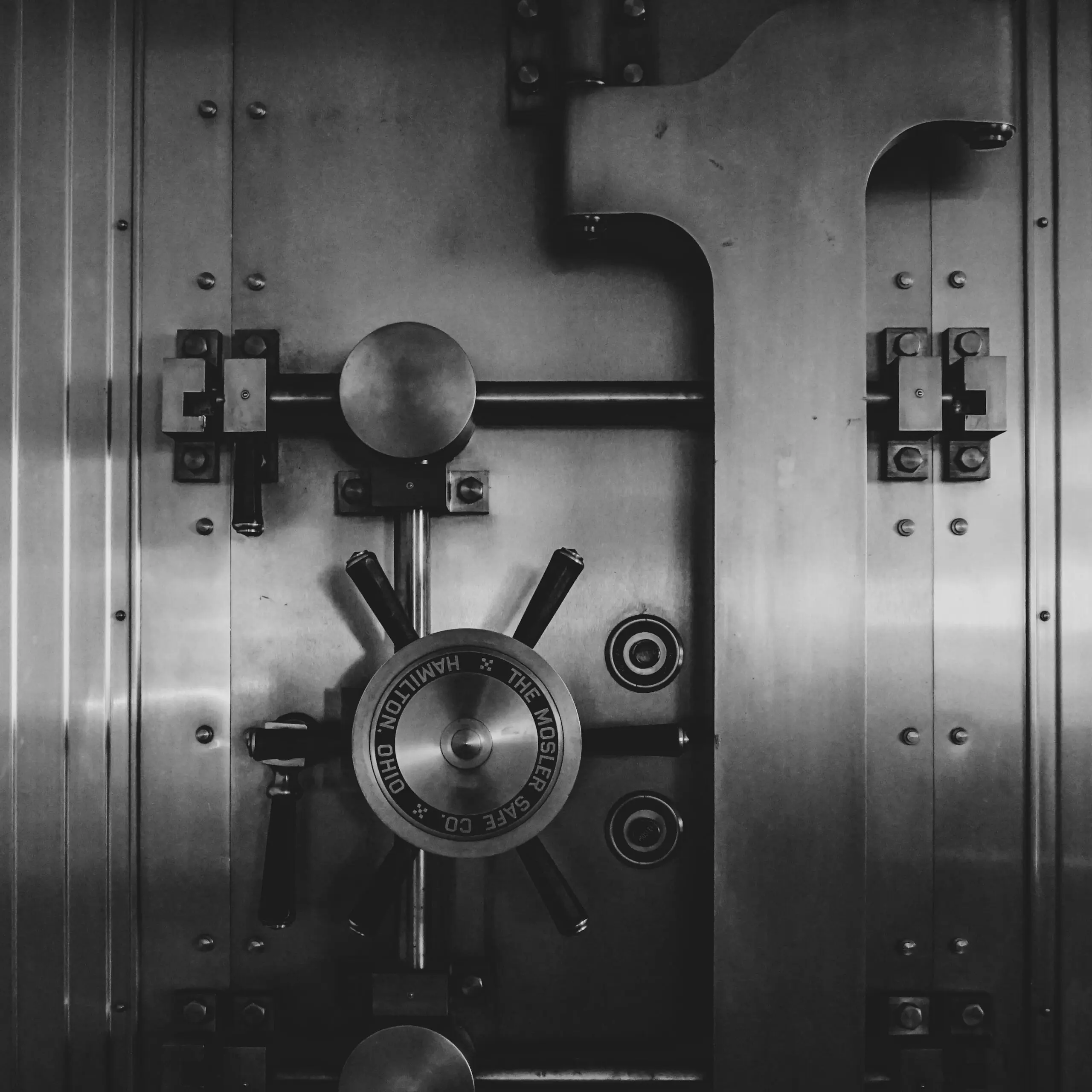
Understanding Custodians in the Financial Advisory World
When working with an independent financial advisor, you may come across the term “custodian.” While it may not be a familiar concept to many investors, custodians play a crucial role in ensuring the safety and security of your assets. This blog post will explain what a custodian is, why independent advisors need one, and the essential functions custodians perform.
What is a Custodian?
A custodian is a financial institution responsible for holding and safeguarding an investor’s assets. These institutions, which are often banks or brokerage firms, provide administrative support, regulatory compliance, and secure custody of securities. Custodians do not make investment decisions but rather ensure that client assets are protected and transactions are processed accurately.
Why Does an Independent Advisor Need a Custodian?
Unlike large investment first that have their own in-house custody and brokerage services, independent financial advisors do not hold their clients’ assets themselves. Instead, they partner with a third-party custodian to provide an extra layer of security and transparency for their clients. This separation of advisory services from asset custody helps maintain trust and credibility, ensuring that the advisor can focus on providing unbiased financial guidance without conflicts of interest.
Additionally, regulatory requirements often mandate that registered investment advisors (RIAs) use custodians to safeguard client assets. This ensures compliance with fiduciary standards and offers clients peace of mind knowing their assets are held securely with a reputable institution.
What Functions Do Custodians Provide and Perform?
Custodians play a vital role in the investment process by performing a range of critical functions, including:
- Safekeeping of Assets: Custodians securely hold stocks, bonds, mutual funds, and other investment assets, protecting them from fraud or mismanagement.
- Transaction Processing: They facilitate the buying and selling of securities, ensuring accurate and timely execution of trades.
- Regulatory Compliance: Custodians help advisors meet regulatory standards by maintaining accurate records, generating reports, and ensuring transparency.
- Account Statements and Reporting: Clients receive regular statements detailing their account activity, holdings, and performance metrics.
- Cash Management: They handle dividends, interest payments, and cash transfers, ensuring seamless financial transactions.
- Protection Against Fraud: Many custodians offer fraud prevention measures, incluing multi-factor authentication, insurance coverage, and secure account access protocols.
Final Thoughts
Custodians are an integral part of the independent advisory landscape. They provide security, transparency, and essential operational functions that help protect investors and support financial advisors in managing client portfolios effectively. By working with a trusted custodian, independent advisors can focus on delivering personalized investment strategies while ensuring their clients’ assets remain safe and well-managed.
